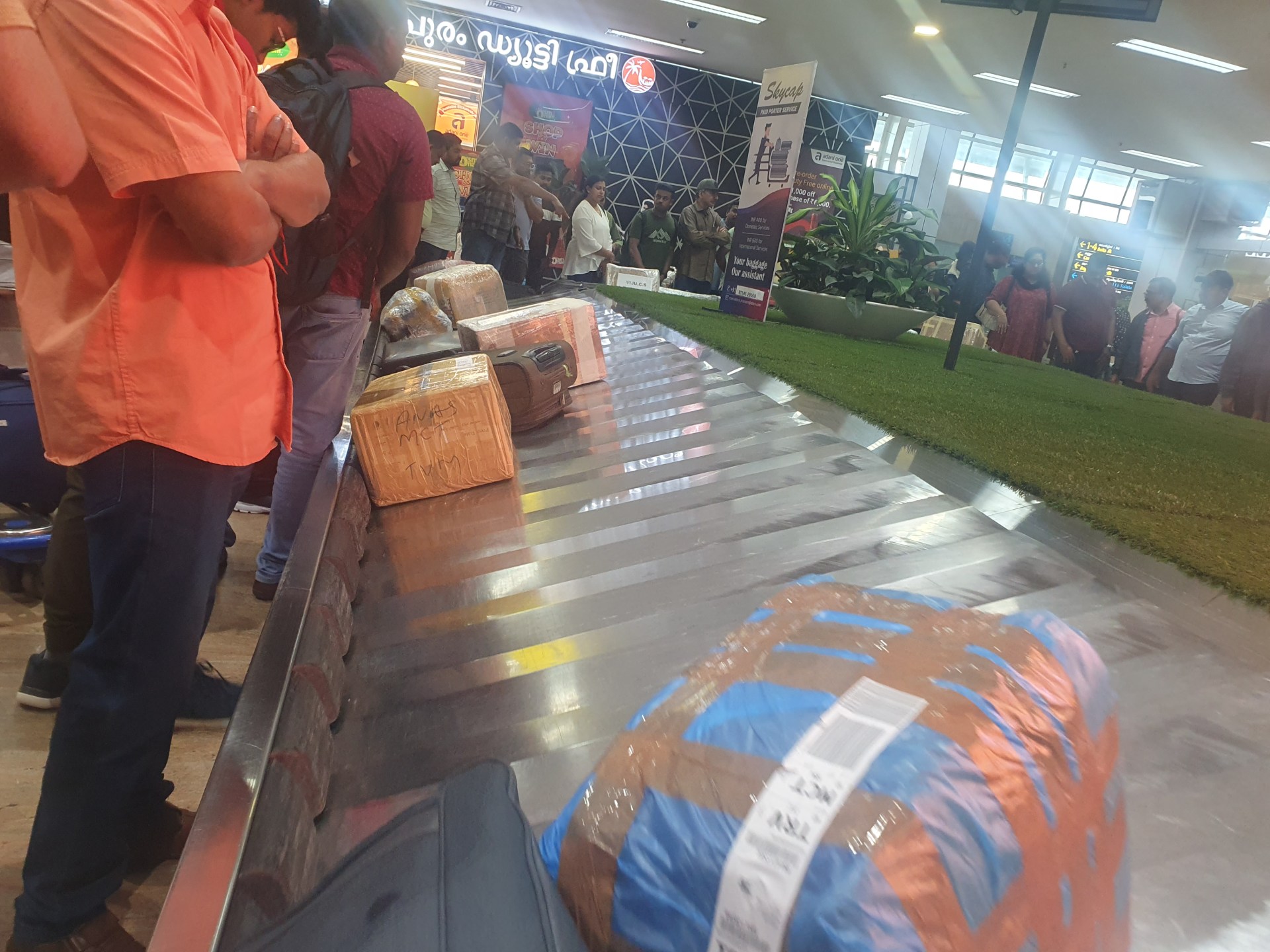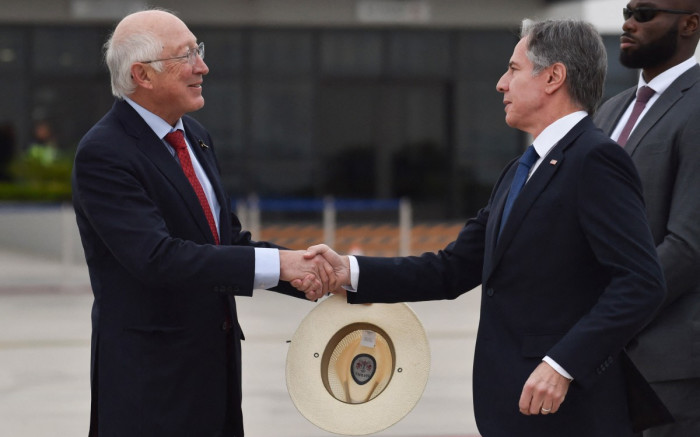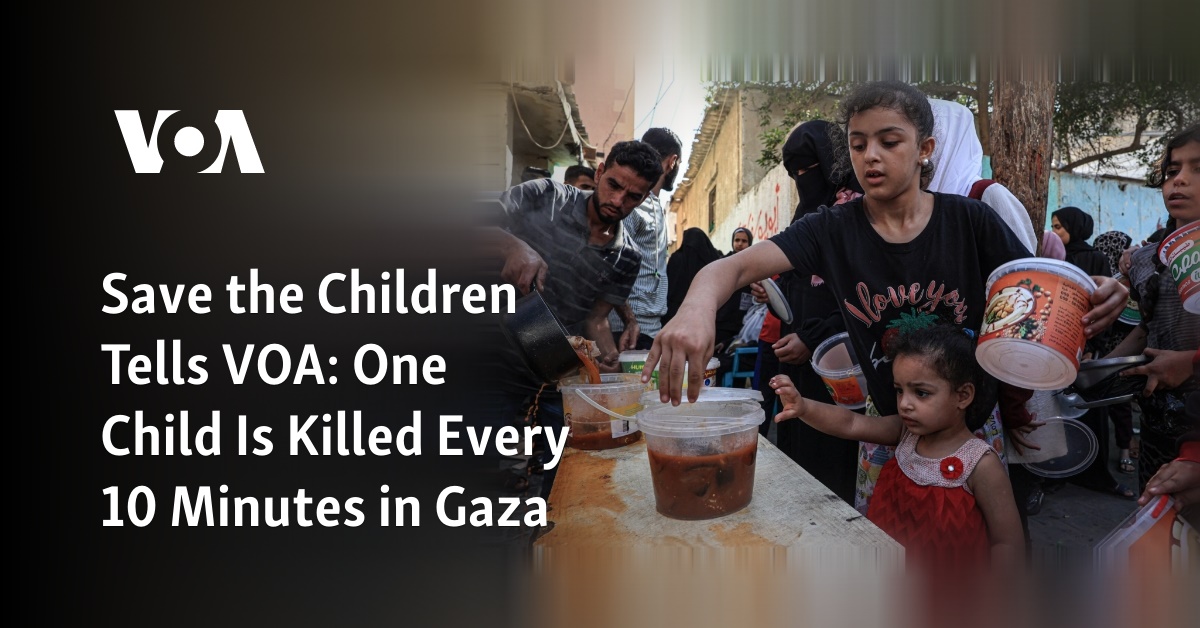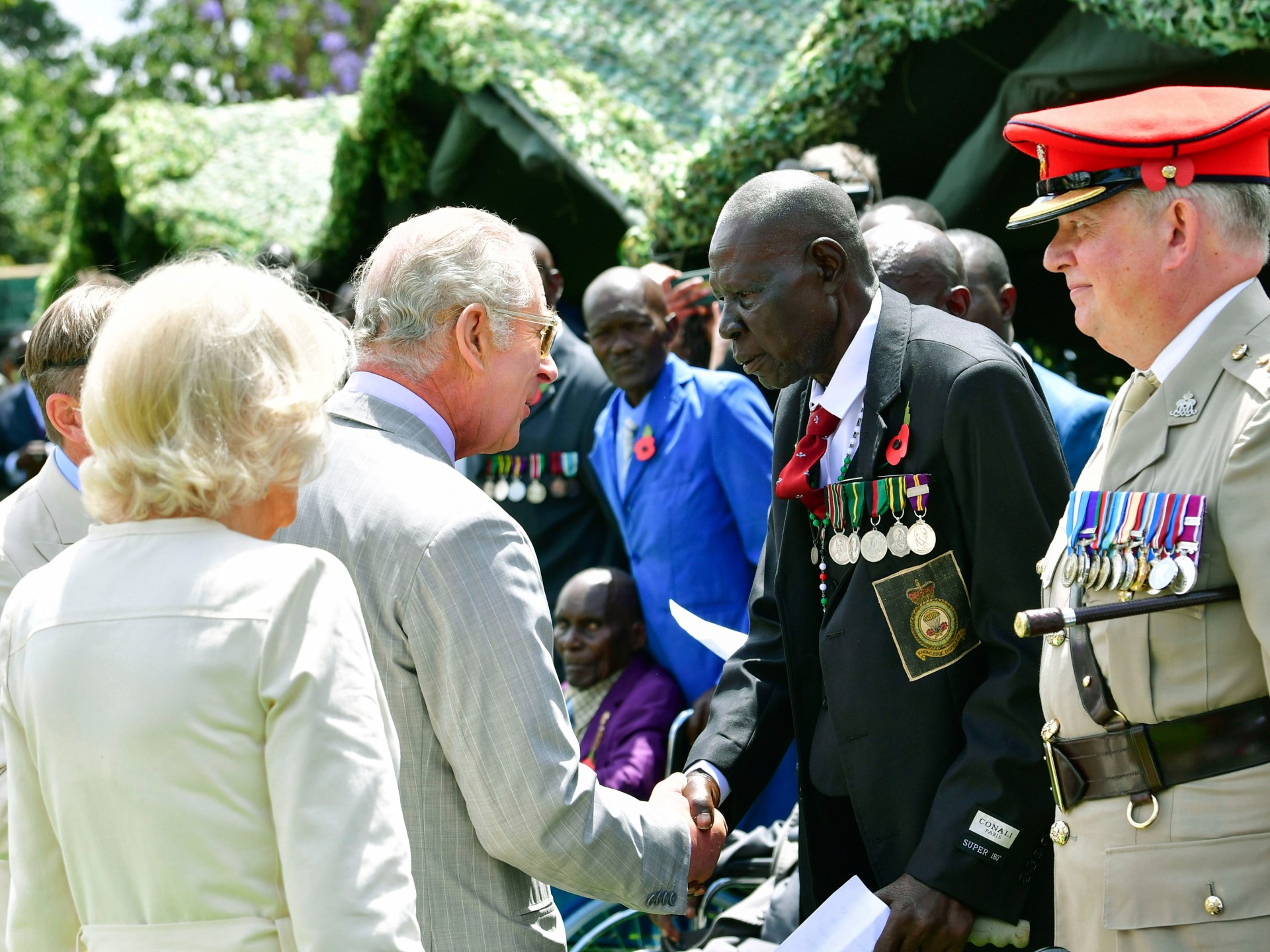
Thiruvananthapuram, India-As soon as you enter, go right and then forward a little.
In the first or second aisle you immediately see them, prominently placed on the shelves: Tiger Balm and next to it Ax Oil – both from Singapore. And then, in the third or fourth course, Imperial Leather bath soap from the UK.
In Lulu hypermarkets across the Gulf, these sought-after products – muscle-relaxing ointments and a bath bar with a familiar scent – are always positioned the same way, making it easy for shoppers to find them. Often these three products are the only items people drive to the store to purchase.
Indian-born businessman and billionaire MA Yusuff Ali is Chairman and Managing Director of LuLu Group International, which oversees 255 Lulus in 23 countries. The franchise has the slogan “The world comes to shop at Lulu,” but most customers in its chic golf stores are fellow South Asians – mostly low-paid migrant workers from his home state of Kerala, on the southern tip of India.
Of the nine million Indians living in the Gulf Cooperation Council countries, people from Kerala make up by far the largest proportion.
These workers typically flock to Lulu just before they fly home on vacation. Normally they receive 14 days of vacation per year. Sometimes this vacation is saved up over two years, allowing employees to spend an entire month at home. Stopping in Lulu before the return journey is a well-practiced ritual, an event aimed at bringing joy to the loved ones they have been waiting to see again all year – or even two years.
And this joy comes in the form of balm, oil and soap.
“Huge money for people like me”
Migrant worker George Varghese has been driving cars for an Emirati family in Dubai for 28 years. His employer owns a fleet of limousines that also includes the Bahraini kings. Russian President Vladimir Putin’s former wife Lyudmila Aleksandrovna Ocheretnaya; Indian film star Shah Rukh Khan; and the family of British-Indian millionaire Lakhsmi Mittal among his customers.
Varghese, a Keralite who speaks several languages, drove some of these dignitaries around Dubai, earning 2,200 UAE dirhams ($600) a month – slightly more than South Asian construction workers.
Workers often spend 500 dirhams ($136) on groceries before flying home, which is “huge money for people like me,” Varghese says. A bar of Imperial Leather costs around 3 dirhams, a jar of Tiger Balm costs around 9 dirhams and ax oil costs 10 dirhams.
Recently, Varghese took care of the repatriation of a paralyzed Indian man. When he bought the man’s plane ticket, Varghese stopped at Lulu’s and picked up two tiger balms, three ax oils and two bars of Imperial leather soap. “Old habits die hard,” he says.
He packed the essentials and a few chocolates in a brown box and sent it as a gift to the man’s family.
Like other migrant workers, Varghese does not bathe with the expensive Imperial Leather soap, first made in London in 1930 and whose scent is said to have been invented in the 18th century. Instead, he uses Radhas, an Ayurvedic Kerala soap that’s always on the bottom shelves of Lulu – you have to bend down to find it.
He explains that migrants often say, “We never used Imperial Leather, but our families did.”
Not only is it important for workers to purchase the products they want before heading home, but the items also need to be packaged in a specific way, Varghese explains. This means putting them in brown boxes secured with yellow plastic rope, and then wrapping the boxes with tape. Names and flight details must be written on the packaging in permanent marker.
It is a ritual from which one should not deviate, adds Varghese.
![Brown boxes moved along the conveyor belt at Thiruvananthapuram International Airport along with other suitcases from Bahrain on October 31 [Rejimon Kuttappan/Al Jazeera]](https://www.aljazeera.com/wp-content/uploads/2023/12/Brown-cartons-moving-along-with-other-suitcases-from-Bahrain-on-the-conveyor-belt-at-Thiruvananthapuram-International-Airport-on-October-31.-2-1703970778.jpg?w=770&resize=770%2C578)
Exotic gifts from far away
Kerala has a long history of migration driven by poverty and unemployment significant shifts in travel destinations throughout the 20th century.
Early immigrants sought opportunities in Southeast Asia, but after oil was discovered in the Gulf, Keralites began migrating there in search of “Arabi Ponnu” (“Arab gold” in Malayalam, the local language of Kerala). And those who returned home from the Gulf began bringing unique gifts to their families.
Items such as Tiger Balm, Ax Oil and Imperial Leather soap bars – which were made abroad and then unavailable in local markets – became sought-after symbols of success, so much so that today, Since they are either available in India or can be sent via global emails, trading companies still buy migrant workers from Kerala as gifts for their families.
[BELOW: We should translate the name of the song]
This custom has even found its way into popular culture and is immortalized in the lyrics of the 1965 song Kadalinakkare Ponnore (Across the Sea to the North) from the film Chemmeen (The shrimp). The lines: “Those who cross the sea, who seek unseen gold, what will you bring with your hands full when you return?” playfully teased loved ones returning from their search for “unseen gold” abroad.
What began as an expectation grew into a treasured tradition that added excitement and anticipation to family gatherings.
The brown cardboard ritual
Manikantan Raju remembers the beginnings of brown boxes.
It was started in the 1960s by a Keralite hotel owner in Dubai who helped migrants send packages home to their loved ones in India.
After losing his house in a fire in a village in southern Kerala at the age of 15, Raju joined many of his neighbors and sought new opportunities in remote corners of Southeast Asia. He then traveled to Oman’s Muscat coast in a wooden boat and found overland transport to Dubai in a fruit truck. There he ended up at the Deluxe Hotel, where arriving migrants could stay and find work, and was hired to help build Dubai Creek, a natural seawater inlet of the Gulf that runs southeast through the heart of Dubai.
When it came time for Raju to send items home to his mother and sisters, the hotel owner took care of all the shopping, packing and shipping, Raju explains. “As many of us arrived in Dubai without passports, the owner of the Deluxe Hotel helped us send brown boxes home as certain documents are required to courier the boxes,” he added.
The owner has “carefully packed” balm, oil, soap and stylish polyester dhotis. [wraparounds for men], data and the workers’ handwritten letters, says Raju. He can’t remember the exact brand names from that time, but remembers buying and sending home Imperial Leather, Tiger Balm, Ax Oil and Nido (milk powder) in the 1990s.
![Brown cardboard boxes are drenched in rain at the crash site of an Air India Express flight from Dubai in Kozhikode, Kerala on August 20, 2020. The crash killed 20 people, including two pilots [Rejimon Kuttappan/Al Jazeera]](https://www.aljazeera.com/wp-content/uploads/2023/12/Brown-cartons-getting-drenched-in-rain-on-August-20-2020-at-a-crash-site-of-Air-India-Express-flight-from-Dubai-in-Kozhikode-Kerala.-The-crash-killed-20-including-two-pilots-1703970743.jpg?w=720&resize=720%2C540)
Varghese says not much has changed since then. Of course, migrant workers now do their own shopping for their annual vacation, but the carefully packed brown boxes are indispensable for the journey home.
Among the American Touristers and Skybags on the conveyor belts of every south Indian airport, especially in Kerala, “you will also see brown boxes with names and destinations in bold print,” says Varghese.
And next to the baggage carousel, Keralites wait patiently for their precious boxes full of carefully selected gifts. The brown boxes are symbols of love and connection and build a bridge between the two worlds of work and home, explains Varghese.
“You carry within you the dreams of a man who works hard to provide for his family.”
Packing and unpacking: two celebrations
The night before an employee goes on annual leave is a celebration. On this occasion there is a delicious feast, loud music and sometimes a few bottles of whiskey.
Friends at the labor camp or in the shared apartment come together to help pack. One person skillfully arranges the contents in the boxes and wraps them in tape, while another writes the traveler’s details on the boxes with permanent marker. There is a scale to ensure contents stay under 30 kg (66 pounds), the maximum weight for checked baggage on most budget airlines.
Meanwhile, two or three people prepare a feast of fiery Kerala chicken curry paired with parotta (South Indian flour layered bread) purchased from a nearby restaurant. The air is filled with delicious scents and songs.
A comrade agrees to stay sober. His job is to chauffeur his friend to the airport for the early morning flight. At the end of the evening, the worker flying home takes one last look at his packed boxes and awaits the reaction of his loved ones when they are opened.
Like the ritual surrounding packing the boxes, unpacking is also a ceremony.
Surrounded by close relatives, the worker begins untying the boxes, “cursing” his experienced friend whose packing skills have made the box difficult to open.
After a frantic cutting of the rope and removal of the tape, the gifts are brought out one by one: perfume bottles wrapped in clothes to protect them during transport, Nido milk powder cans, Tiger Balm for elderly relatives, colorful ones, in foil packaged chocolates for the children, Imperial leather soap for the worker’s wife and mother.
And it’s over far too soon. When the worker’s vacation ends, his family gathers again. The empty cans are filled with shredded coconut or dried fish and his pockets are packed with plantains and seasoned plantain chips to share with his roommates and friends in the Gulf region.
While the oil-rich Gulf states continue to build gleaming skyscrapers and gleaming highways, those that service their economies – still very often from Kerala – are not going anywhere. Neither brown boxes full of love on luggage carousels at the airport in India.






Recent Comments